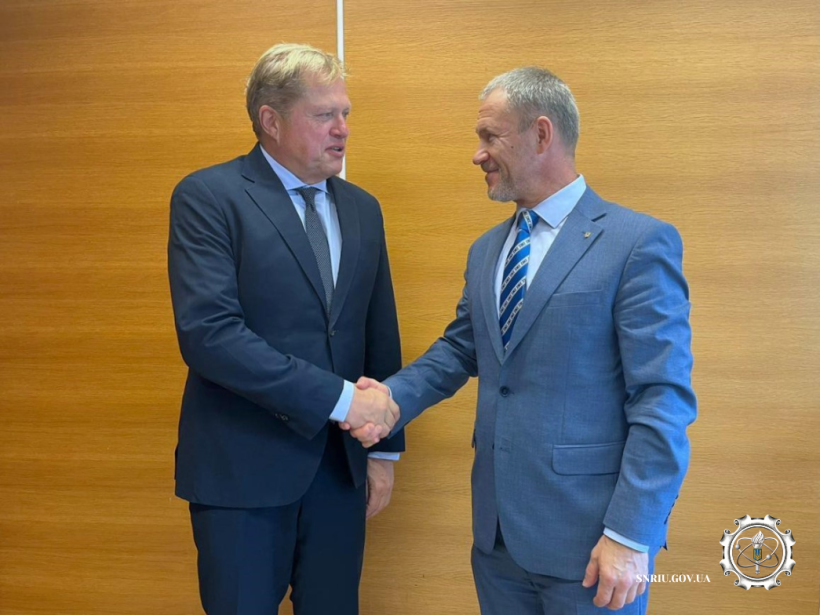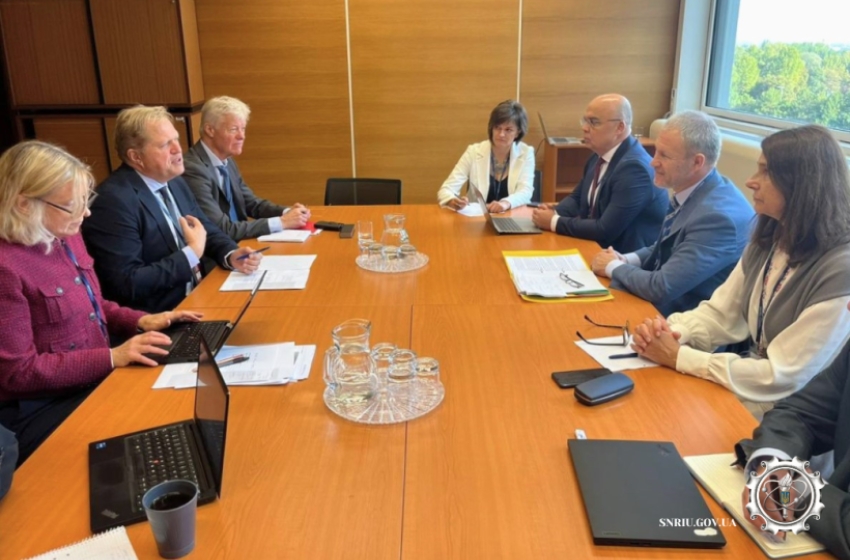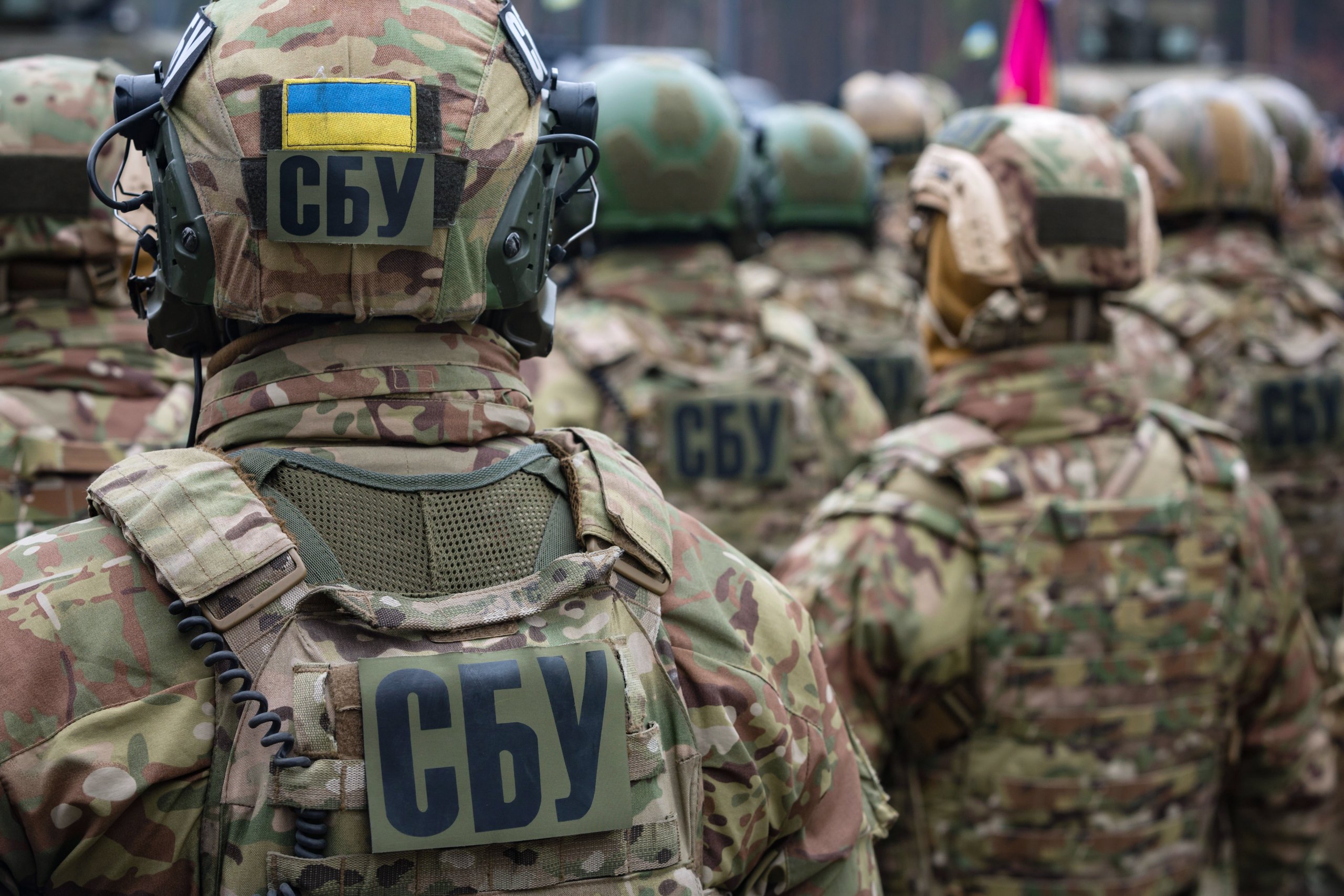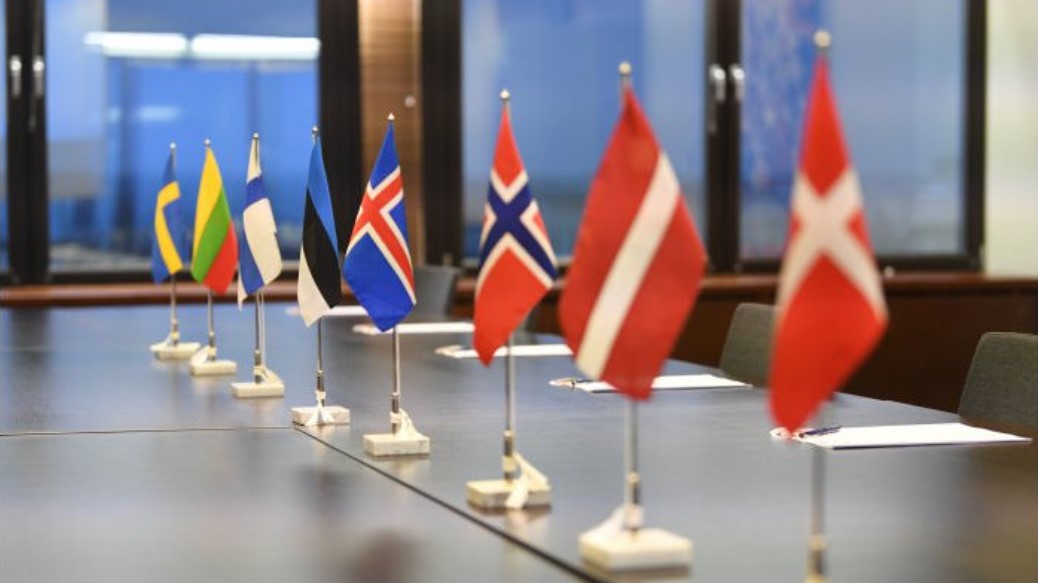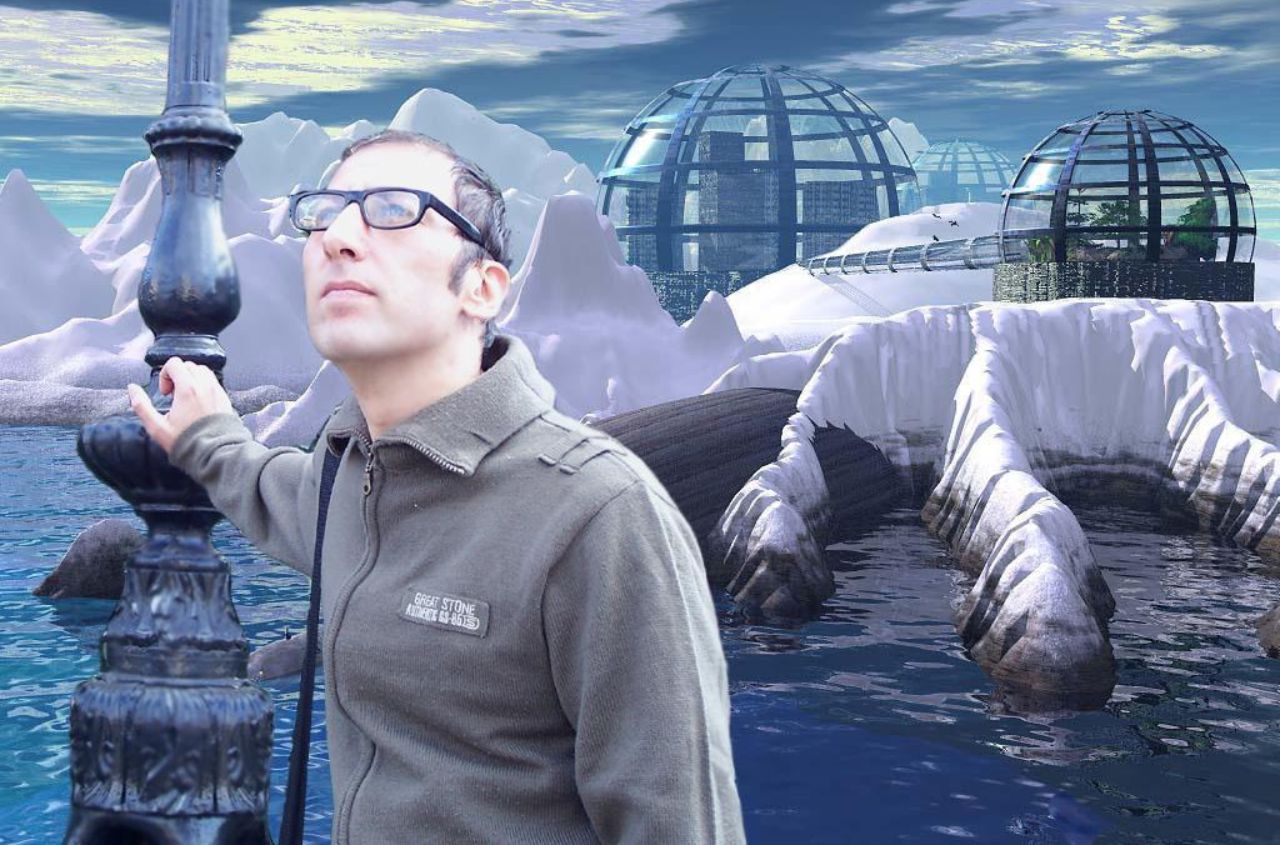On September 18, 2024, during the 68th General Conference of the IAEA in Vienna, Austria, a working meeting took place between Oleksii Korikov, Chairman of the State Nuclear Regulatory Inspectorate of Ukraine, and Per Strand, Director General of the Norwegian Radiation and Nuclear Safety Authority (DSA). The leaders of the national nuclear regulators from Ukraine and Norway discussed the progress of several joint projects, two of which were launched in 2024.
The first project, NORM, involves collaborative work on regulations for the safe handling of non-nuclear natural radioactive materials. This comprehensive project covers a broad range of aspects, including analyzing industrial enterprises that generate non-nuclear natural radioactive materials and assessing existing deficiencies in this area in Ukraine. The outcome of this project will be the development of four regulatory documents to be applied in Ukraine.
The second project, ARGOS, involves the transfer of relevant software and training of Ukrainian specialists to enhance the system for emergency preparedness and response to radiation accidents. This project is currently being implemented, with ongoing training and software configuration.
"I would like to express great gratitude to DSA, which remains one of our most reliable partners, for its continuous support of the State Nuclear Regulatory Inspectorate, which is especially important given the ongoing full-scale invasion by Russia into Ukraine, creating serious challenges for both Ukraine and the global community. We can confidently speak about the effectiveness of our cooperation, as evidenced by a series of successfully implemented joint projects," emphasized the Chairman of the State Nuclear Regulatory Inspectorate.
It is worth noting that the cooperation between the State Nuclear Regulatory Inspectorate and DSA began in 2014. The joint projects initiated after February 24, 2022, cover important areas such as:
- Developing policies and procedures for restoring regulatory control over nuclear facilities affected by occupation and combat operations;
- Surveying areas affected by hostile military occupation;
- Managing critical knowledge necessary for protecting personnel, the population, and the environment during nuclear or radiation incidents caused by combat activities;
- Providing equipment for radiation reconnaissance in previously occupied territories, among others.
